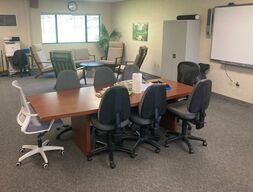
- Connection: The entire CEC team gathers daily to eat lunch together in the alternative/lunch classroom with students who choose to stay back from the larger campus or just want to access a comfortable and inviting space to eat their lunch. We open our door and welcome all students from the larger campus including friends/associates of the CEC students, school admin and teachers, and those that are interested in checking out the "Seneca" space (pictured). During this activity staff and students share laughter, stories, and connect on a human level outside of the rigors of a classroom setting.
- Inclusion: We strive to always create an environment where every person, regardless of title, age, or gender, can be themselves. This means valuing the interactions that happen, modeling behaviors that we want and hope to see, using of gender-affirming pronouns or names, and creating an inviting space for self-expression, particularly in our therapy room (Check out the eclectic range of chair styles).
- Positivity: This is where we actively lean heavily into our Seneca's Equilibrium practices and training, with emphasis on Chapters 1 and 2 (familiarize yourself... if this statement sounds foreign to you 🙂). The underlying message of "working together" and being "here" for one another is more than just words but practices that we all take in our interactions as a team, in our exchanges with students and school partners, and how we continue to show up in all spaces.
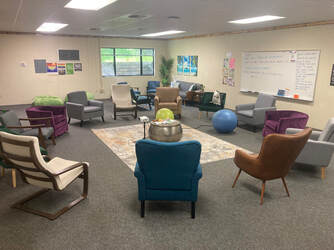


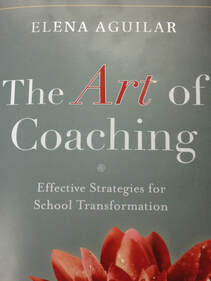

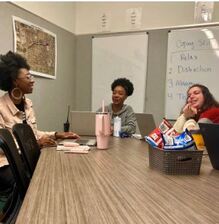


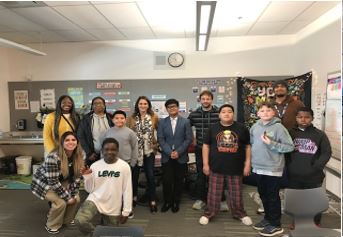
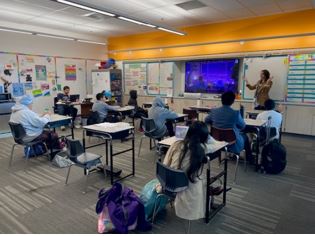
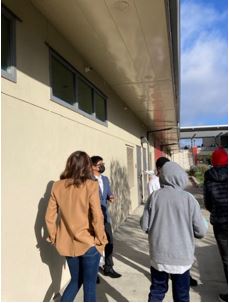

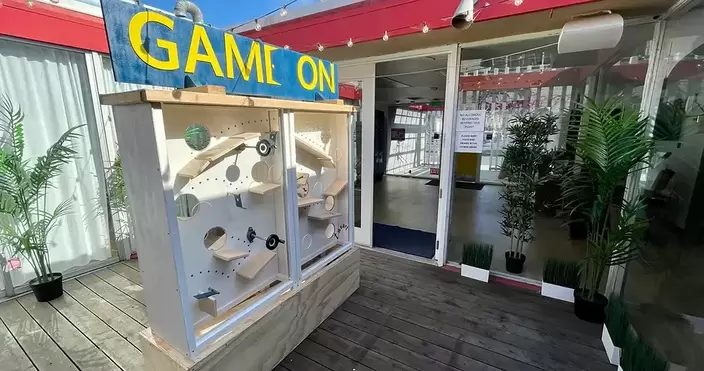
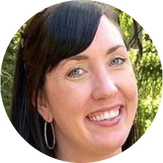
 RSS Feed
RSS Feed